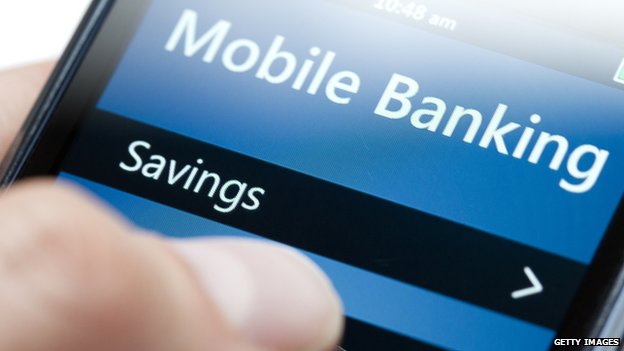
How the top banking apps stack up against their startup competitors
By Nathan McAlone for Business Insider
There was a time when retail banks had their heads in the sand when it came to embracing the mobile phone revolution — but not anymore.
A new report from App Annie shows that while apps from retail banks still lag behind those of their upstart competitors in user ratings, some have have seen their usage grow rapidly, buoyed by new features.
Take Citi, which App Annie cites as “best-in-class” for retail banks. The app saw usage balloon as Citi added features, particularly a FICO score, which App Annie points out is a central feature of popular startup Credit Karma. It seems retail banks are looking to startups for inspiration.
Here’s a sketch from App Annie of how Citi’s usage has climbed (MAU = monthly active users):

But it’s not all about new features, App Annie’s Senior Manager of Market Insights, Amir Ghodrati, tells Business insider.
The most common word App Annie sees in five-star reviews for finance apps is “easy.” Their clean design is likely one reason why the top apps from finance startups, from Venmo to Robinhood to Acorns, still beat the top retail banks in user reviews, scoring an average 4.2-star review (as opposed to the 3.6 by the retail banks).
Here’s a graphic that shows how the top apps stack up:

Still, the built-in user base of retail banks is hard to deny. The top retail banking apps generally beat the top fintech startup ones. Here’s a chart that shows the top five of each:

And if you’re curious what the top apps were for each category, measured by monthly active users, here they are:
- Chase Mobile
- Bank of America Mobile
- Wells Fargo Mobile
- Capital One Mobile
- Discover Mobile
- Citi Mobile
- USAA
- Amex
- U.S. Bank
- PNC Mobile
- PayPal
- Credit Karma
- Venmo
- Mint.com
- Android Pay
- Square Cash
- Robinhood
- Acorns Invest
- Google Wallet
- Mint Bills
First appeared at BI





